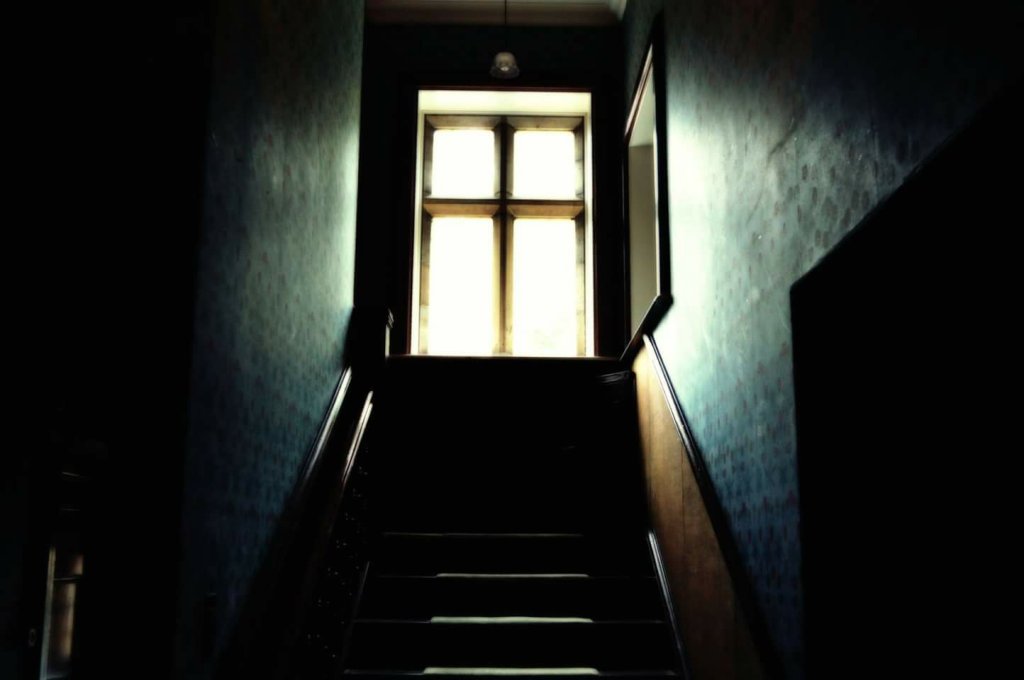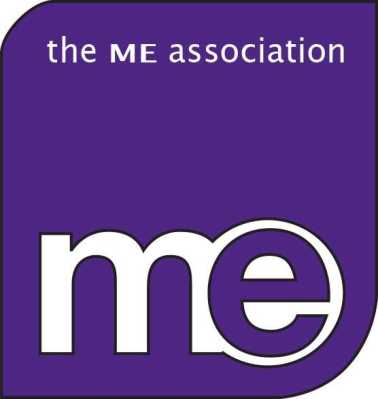I’ve spent the last six weeks with some strange form of writer’s block. I don’t know if it has just coincidentally been parallel to a global pandemic, or due to some debilitating levels of ME related exhaustion, or a combination of both. I’ve watched while chronic illness bloggers have produced some excellent content on how to manage isolation, or stressed how important it is that those who are healthy consider how those of us with chronic illness live each day. I’ve watched as comedian Miranda Hart has tweeted and spoken with passion about the difficulties faced by those of us who live a different way to those who go about their daily lives in the outside world. Meanwhile, I’ve been calling the fridge a prison and have felt my cognitive ability being sucked out of me. I used to write complex assessments and review reports as a professional, yet here I am, struggling to remember Miranda Hart’s name!
From all my symptoms and social challenges that come with living with ME, I think my poor brain processing and memory skills are somehow the hardest to deal with. I recently came out with “We could do with some of those sucky bags” to my wife when meaning ‘Vacuum bags’ to store our winter duvet. It’s like the opposite of the time I asked for ‘sparkling fanta’ in Mcdonalds because ‘Fizzy’ just wasn’t turning up for me that day and I felt like a right pretentious so and so! But here I am, writing again.
I feel compelled to write because it’s ME awareness month. There are so many things that I could say about the debilitating condition that has now taken about a quarter of my life in two separate chunks, yet the thing that has been on my mind over the last few days is the way that ME is stealing my future. A friend with ME tweeted recently that she’d had a good couple of days, and was suddenly planning ahead and even considering going back to work but as always, she acknowledged that the illness came back to bite and she was hit hard by a small amount of extra exertion.
This illness plays mind games with us. My energy levels have been swinging from one extreme to another within one day recently, so I can spend most of the day in bed in extreme exhaustion, yet pick up in the late afternoon and be able to do some tasks around the house before crashing again later in the evening. I’m still learning to pace but this is one of the greatest challenges of living with ME: as well as you know the condition, it will still trick you into a false sense of security and as such pacing your activity levels is so hard. When I have a better day, and I know I should be resting, it’s like I have this nervous energy where I can’t sit still. I know that this can be common among others.

So I was listening to the radio this week and a psychologist or someone of his ilk was talking about a new hashtag they had started on twitter: #lookingforward where people could tweet about the things they were looking forward to doing once restrictions are loosened in relation to the Coronavirus. The interviewee talked about the science behind positive psychology and how this was a great way of helping people to feel positive about themselves and to see the bigger picture. As a social worker, while talking to foster carers about challenges they would be having, I’d often try to help them step back and see the bigger picture, to look at how far they’ve come and focus on areas of work with a child to improve relationships going forwards. I loved the idea of solution-focused intervention: rather than dwelling on the challenges, we’d look at how we could get to where we wanted to be. Yet, with a condition like ME, there’s little in the way of solutions. I know I could eat more healthily, and try to pace my activity more effectively and remember to take my vitamin D, but these things are like trying to throw individual lumps of coal into a steam engine’s cold furnace and expecting it to get you to Doncaster. It’s not going to happen (unless you live in Doncaster of course, but I’m pretty sure nobody actually lives there).
So I think, along with my cognitive impairments, one of the hardest psychological challenges of living with ME is maintaining some modicum of hope. We can’t look forward to all the great things we’ll be able to do when the lockdown ends because very little will change. We can only half-plan for things, knowing there’s a good chance we’ll be unable to take part in whatever activity is planned. My son knows that when I was younger, I was ill for about seven years with ME. So he asks if I’ll get better after seven years this time. I tell him that it’s not quite like that, and secretly wonder to myself how long it will be. Is my future adult life somehow stretched out in front of me in a vast empty expanse, pottered with special moments of fun playing video games with my kids? Will I be able to take my daughter to uni in six years’ time (presuming she wants to go and there are still universities in 2026!?). Will I be at her graduation? Should one of my nephews get married in fifteen years time, will I be able to attend, and enjoy it? Could I get through my 96 year old Grandmother’s funeral should she sadly pass away in the next few months? I can feel the hard, straight-backed pews of the local village church and my torso wanting to crumple at the thought of it. Of course, these aren’t necessarily helpful trains of thought, but they are thoughts nonetheless and they’re real things that we will all consider from time to time.
So what of hope? Usually I like to end blogs with a silver lining. Almost every story written or movie made gives you at least a glimmer of hope, to keep you hooked. Yet it’s so incredibly tough to have any hope for your own health when you live with ME. And living with an empty hope can be exhausting. So I have little in the way to offer of hope. Yet maybe, rather than striving with some desire for a better future which may not come, we can simply choose not to despair and live in a neutral space which enables a better standard of mental health.
Maybe the wizard Gandalf in Lord of the Rings puts it well when he says…
“It is not despair, for despair is only for those who see the end beyond all doubt. We do not.”
So I cast aside hope for now. But I also cast aside despair and choose to live each day as it arrives and seek out peace in moments where I can find it.


Brilliant blog. It rings so true with me. The cognitive problems also get to me the worse of all my ailments as used to be able to think and write so easily but now it eludes me. I think this also doesn’t help with looking forward as I can’t seem to focus on forward, everything seems to be just coping with today. Keep up the good work with your blog.
LikeLike
Thanks for reading and sharing!
LikeLike
This is something I am majorly struggling with at the moment with my ME, I have no desire to keep fighting this endless battle nor do I hold any hope for my future. I’m just in a cycle of pain, never ending fatigue and fog. At 25 I got ME and it took everything I loved away from me, my career, friends and all the things I’m passionate about. My soul is crying inside, totally bereft at the person I am now forced to be, blindsided by something completely outside of my control. I’m honestly losing my will to live at the moment.. the only things keeping me going are my family and friends who luckily understand my conditions. I am lucky to have that at least. This was a good read, thank you for sharing.
LikeLike
Thanks for your comment. We don’t know what the future holds, but it may include effective treatment!
LikeLike